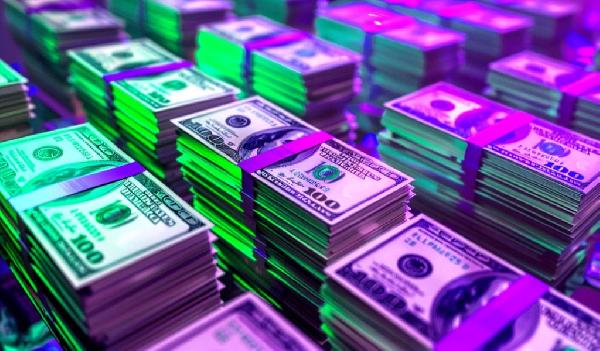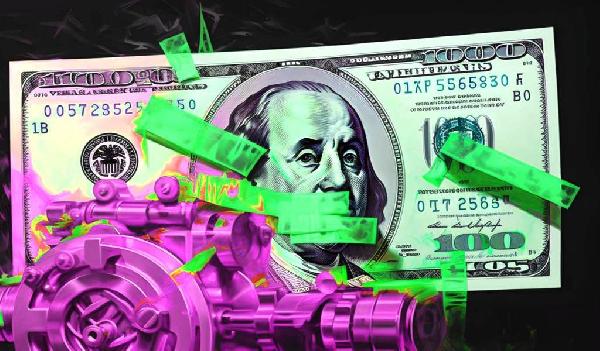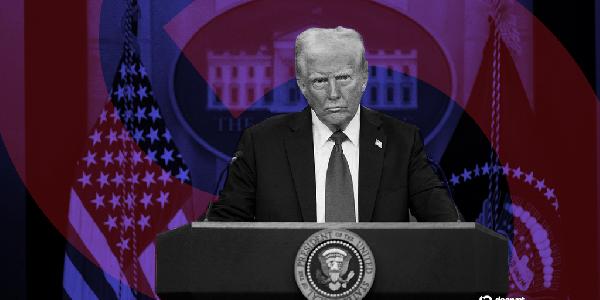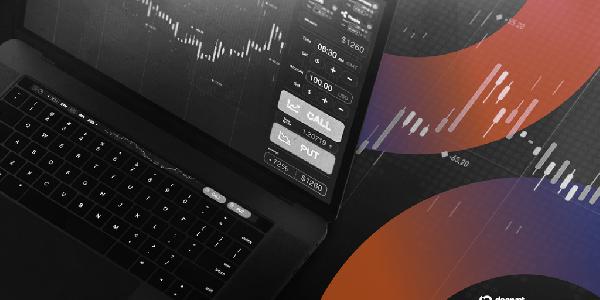The Chinese equity market has made a roaring comeback since 2021, closing in on a market capitalization of 100 trillion yuan ($13.9 trillion), according to Bloomberg.
The total Shanghai/Shenzhen market cap has breached an all-time high, trading at 95.98 trillion yuan or $13.36 trillion as of August 7th.
-->Bloomberg reports the surge is largely due to strong flows into exchange-traded funds (ETFs) from retail investors as well as China’s “national team” – government-affiliated investors that aim to prop up the stock market.
One of the main players of the national team is Central Huijin Investment Ltd., a unit of the China Investment Corporation, which was founded in 2007 with $200 billion in assets and is now managing $1.3 trillion.
China’s national team primarily focuses on gaining exposure to ETFs rather than individual securities.
 Source: Bloomberg
Source: BloombergAs China looks to put more capital into its own domestic stock market, it’s also rapidly accumulating gold, and some analysts believe it is downplaying how much of the yellow metal it’s buying for efficiency’s sake.
Says Stefan Gleason, president and chief executive at Money Metals,
“Given how much gold it’s buying, it’s quite sensible for China to limit public disclosures where possible… After all, it’s not in the interest of any bona-fide buyer to take actions that make its purchases more expensive than they need to be.”
And as part of its capital shift, China appears to be offloading US Treasuries, recently falling out of the top three foreign holders of Treasuries after a multi-month T-Bill sell-off.









